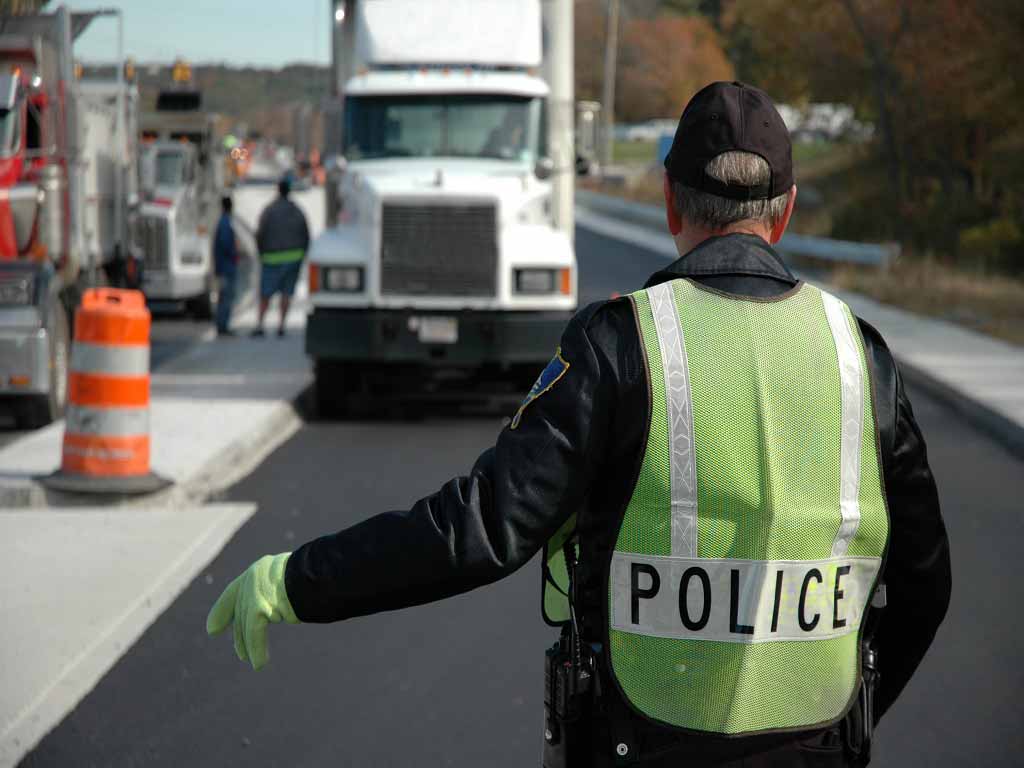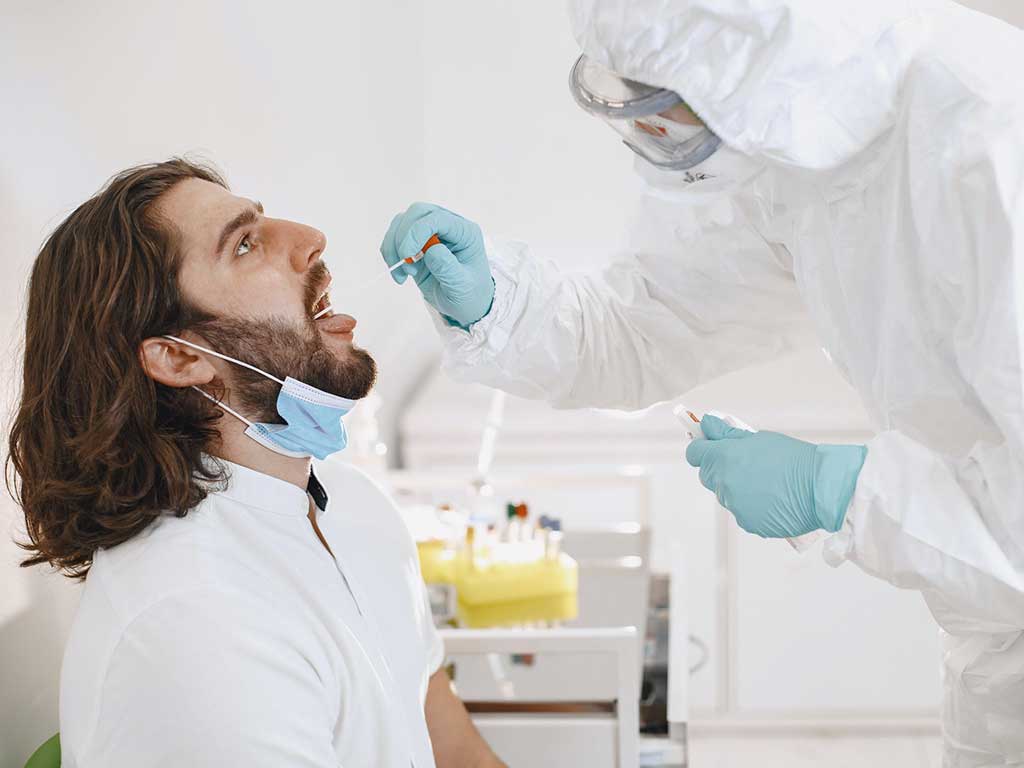Drug and Alcohol Testing For Truck Drivers: Purpose, Types, and Legality
31 October, 2023

Truck drivers are responsible for transporting goods across long distances. They often spend hours on the road, so ensuring they are physically and mentally able to do their job is crucial. The purpose of conducting drug and alcohol testing for truck drivers is to keep them and the general public safe. Typically, police ask for breath or saliva samples during roadside testing or after accidents. Drivers may face penalties if they refuse or fail the screenings.
Alcohol and drug abuse causes the driver to have impaired concentration, reaction times, and coordination. It increases the likelihood of crashes, which result in many injuries and deaths. This is why laws in Australia demand that heavy vehicle drivers have zero Blood Alcohol Concentration (BAC). Companies must have strict regulations and policies to deter workers from misusing substances. This article will present the purpose, types, and legality of implementing substance use screenings on truck drivers.
Significance and Purpose of Drug and Alcohol Testing for Truck Drivers
Drug and alcohol testing for truck drivers is of utmost significance. It serves a crucial purpose in ensuring the safety of drivers and the general public. Those who operate large commercial vehicles must have a high level of alertness, concentration, and physical coordination. The consumption of liquor and drugs impairs these. This increases the risk of the driver getting into accidents, which endangers the lives of everyone on the road.
Trucking companies may identify those with substance use disorders by implementing regular substance use screening protocols. Those identified should be provided support and assistance for treatment and recovery. Additionally, company policies on substance use, together with routine screens, deter employees from using substances. It should have succinct disciplinary action and procedure in the cases of non-negative results.
Moreover, regular testing helps companies comply with legal regulations. This enables them to mitigate legal risks and protect their employees. Accidents may have severe impacts on their careers and livelihoods. Additionally, there are additional financial burdens and other penalties for Driving Under the Influence (DUI) charges.
Reasons to Test
Trucking companies may conduct screenings on their employees for several reasons. These are some of them:
- Pre-employment tests are typically done in high-risk industries. This allows them to identify potential employees more prone to reckless behaviours and disqualify them from safety-sensitive positions.
- Commercial trucking companies may also do random drug screens by selecting workers randomly for an unannounced test.
- They may also conduct reasonable suspicion testing if the individual shows visible signs of intoxication. This includes slurred speech, uncoordinated movements, and erratic behaviour.
- Companies may screen after accidents or near misses to determine the cause and gain evidence.

Types of Drug and Alcohol Testing for Truck Drivers
Several screening methods are available for drug and alcohol testing for truck drivers. Firstly, urine testing is commonly used for detecting drugs and alcohol. Urine samples carry traces of substances for up to 24 hours. Additionally, the use of ethyl glucuronide (EtG) tests allows for the detection of alcohol consumption within 80 hours.
Secondly, saliva testing uses saliva samples inside the cheek or under the tongue. It may detect substances for up to 12 hours. Thirdly, blood testing is one of the most accurate methods. Typically, it uses blood drawn from the arm to detect substances consumed within 12 hours. However, carbohydrate-deficient transferrin (CDT) and Phosphatidylethanol (PEth) screens increase the detection window for ethanol to weeks.
Fourthly, hair follicle screens use 100 to 200 hair strands to detect substance intake for up to 90 days. It offers the lengthiest period. However, it does not include consumption seven days before collection due to the nature of hair growth. Lastly, breath tests measure the Blood Alcohol Concentration (BAC) levels in the breath samples. Its detection window is up to 24 hours.
What Substances Can Be Detected
Screenings can detect the consumption of alcohol, medications, and illicit drugs. Ethanol is a chemical compound typically found in alcoholic beverages. Additionally, marijuana contains cannabinoids that cause psychoactive effects on its users. It is a common recreational drug for many.
Furthermore, cocaine is a powerful and addictive stimulant drug. It is made from the leaves of the coca plant. Another substance is opioids. Doctors can prescribe these substances to relieve pain in their patients. In addition, testing detects benzodiazepines, which health professionals prescribe for depression, stress, and anxiety. Lastly, amphetamines, which are stimulant drugs that people use for narcolepsy and attention-deficit hyperactivity disorder (ADHD).

Legality of Drug and Alcohol Testing for Truck Drivers
The legality of drug and alcohol testing for truck drivers is a vital topic in the transportation industry. As professional drivers operating large and potentially dangerous vehicles, ensuring they are fit to drive is crucial. There are laws in place to protect the safety of everyone on the roads. These reduce the likelihood of accidents and improve the standards of trucking industry drivers.
In Australia, certain limits apply to different types of drivers. The legal limit for most drivers is 0.05% BAC. However, truck drivers must have zero BAC. In addition, learner, probationary, and public vehicle drivers must have zero BAC. Exceeding the limits may lead to severe penalties. This includes fines, license suspensions, and imprisonment.
Police officers often conduct roadside tests to check for intoxicated drivers. Drink driving causes many accidents with severe consequences. Often, police use breathalysers to check the BAC levels of the drivers. They also use other methods to check for sobriety. Moreover, transportation companies have a responsibility to conduct regular screenings of their drivers.
Can a Driver Refuse a Test
Police officers in Australia have the power to require drivers to provide samples to prove their sobriety. They often conduct these screenings at roadside blocks or after an incident. They may also ask for breath or saliva samples. Furthermore, law enforcement officers may employ sobriety assessments. They may charge an offence on drivers who refuse to comply.
However, an exception applies to those who are medically incapable of providing samples. They may request a blood test as an alternative. Penalties for refusing a breath test vary between states. It includes fines, license suspensions, or imprisonment. Penalties will increase upon subsequent offences.
Conclusion
Drug and alcohol testing for truck drivers is a crucial part of ensuring road safety. This protects drivers and road users from fatal crashes. Heavy vehicle companies must have solid drug and alcohol policies to deter substance abuse and identify those who require treatment. They may use blood, hair, urine, saliva, or breath tests during their screenings. Commonly, these detect substances such as ethanol, amphetamines, opioids, and benzodiazepines. These substances may cause impairment to the driver.
Drivers who refuse or fail a test may face severe charges. Penalties for such charges include fines, license suspensions, and imprisonment. However, there are a few exceptions to refusing a police-conducted breath test. For example, if the individual is medically incapable, they may request blood samples to be drawn instead. To avoid the consequences of impaired driving, truck drivers and companies must ensure their capabilities. Workplace breathalysers are available at Breathalysers Australia. These devices provide accurate results with police-grade sensors.






























